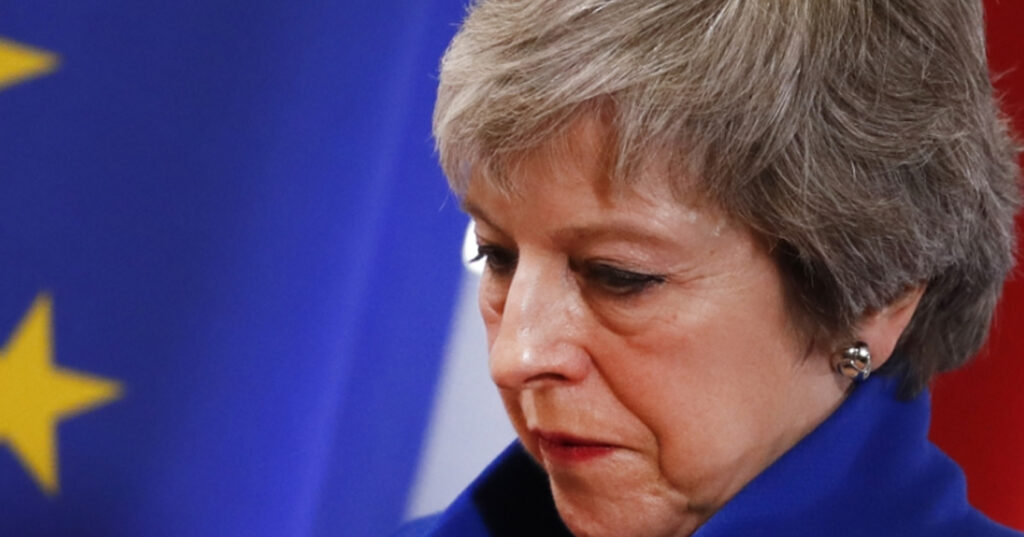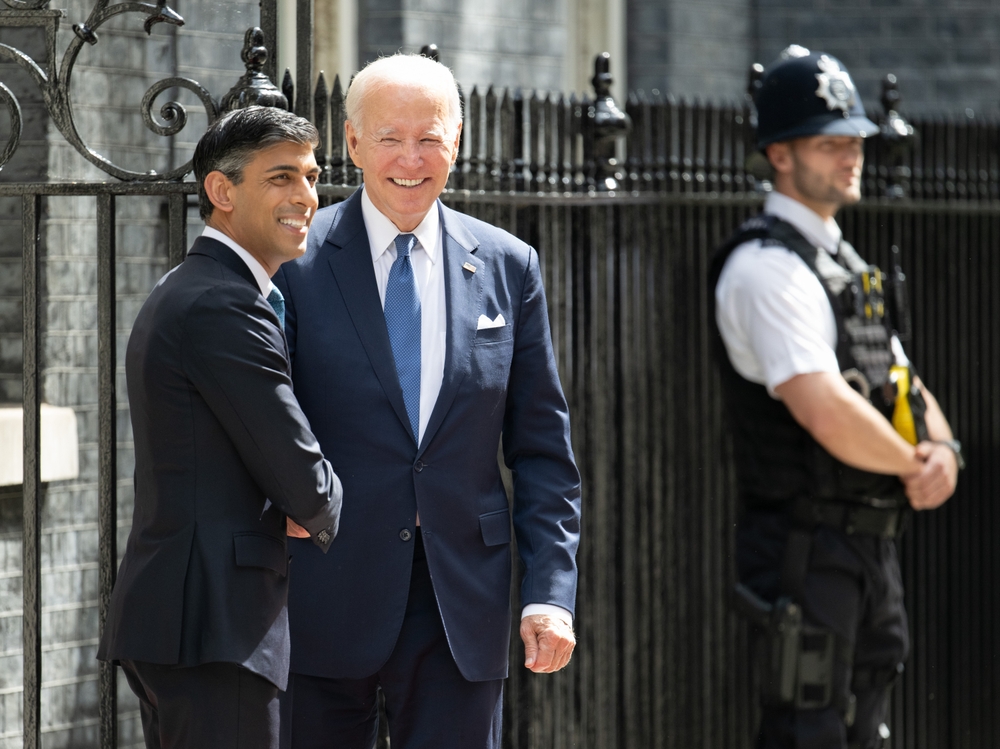
This piece was first published in the Mail on Sunday.
Theresa May can arrive at the Conservative Conference today with a certain spring in her step following her slapdown of EU leaders after the Salzburg summit: my latest research shows that voters think the PM is right to threaten to leave without a deal rather than seek further compromise with an intransigent EU.
Yet with her MPs trying to pull her in two directions at once, this could be the most difficult Tory gathering for many years. Even so, she and her party need to look beyond Brexit and beyond the conference hall. Since the referendum it has become almost a cliché to say we are a divided country, but we are at odds over more than just Brexit: we are split over the whole past decade of political life.
We know we voted to leave the EU by 52% to 48%, but we are also still precisely divided over austerity – whether the government was right to try and balance the books in the way that it did after 2010. The trouble is, these two powerful divides cut across each other: just under half of Leave voters backed austerity, while one third of pro-austerity voters wanted to remain in the EU. This, as much as anything, explains why British politics has felt so arduous for so long.
David Cameron assembled a winning coalition of voters around his long term economic plan based to restore order to the public finances. Theresa May tried to bring together all those who thought Brexit should mean Brexit. But too many who agreed with her about that could not bring themselves to support what they still thought of as the party of cuts – while too many of those who had accepted austerity would not vote for what had become, in their eyes, the party of Brexit.
This is why Mrs. May found it impossible to achieve a majority in last year’s snap election. It is also why, in the event of a parliamentary impasse over the Brexit deal, she would be unwise to expect a better outcome from a new election than she got from the last one. In my poll, Leave voters who wanted a clean break with the EU and backed austerity put their likelihood of voting Tory at the next election twice as high as hard Brexiteers who opposed the cuts. Only 13% of anti-austerity Leave voters who want a hard Brexit – precisely the kind of people the PM hoped to attract last June – think the Conservatives are on the side of people like them.
That is not to say that Brexit doesn’t matter. My research finds confidence that the government will achieve a good deal has fallen steadily over the last eighteen months, especially among Leave voters, many of whom expect a messy compromise in which we will still be closely tied to the EU despite having left in name. Though few know what is in the Chequers plan (“you get the feeling it’s draft one, and draft two is going to follow,” as one of our focus group participants sagely observed), many Leavers are alarmed by the idea of a common rulebook. Those who say they want a soft Brexit are in practice reluctant to compromise on any of the things they think Brexit should mean: independent law-making, our own free trade deals, stopping free movement, and ending payments to the EU. Yet most voters feel the EU has the stronger hand in the negotiations, even after Mrs. May’s response to the Salzburg snub.
But Brexit is just one of the things the government has to deal with, and in many voters’ eyes it isn’t even the most important. It comes a close second to the NHS when we ask what matters most to the country as a whole, and falls to a distant third when we ask people about priorities for themselves and their families, with the cost of living at the top of the list. Labour are believed to have the best approach to both these rival issues by a comfortable margin.
Labour has its own problems, of course. Nearly four in ten of the anti-austerity voters it relies on backed Leave in the referendum – and while many of them cheerfully voted Labour last year, they might not be impressed if the party carries on saying they are not “ruling out remain as an option,” as Sir Keir Starmer did last week. I found many Labour voters lamenting the lack of leadership that allowed the antisemitism row to rumble on for months, and disquiet at Jeremy Corbyn’s “shifty” response to allegations of connections with terror groups.
But the Tories would be foolish to rely on Corbyn and John McDonnell to win them another term, even after the Marxist fantasies they flaunted in Liverpool last week. After all, they were on the ballot at the last election, which very nearly ended in disaster for the Conservatives. They must recognise that people are desperate to move on from Brexit – as desperate as Mrs. May herself must surely be. If, for a few more weeks, the issue must dominate the agenda at Cabinet it can’t dominate the conference, or what the party has to say to the voters. I found the thing that most unites people who lean towards the Conservatives is not Brexit or any other area of policy, it is the belief that the party shares their values.
This is the key. If the Tories can’t bring the pro-austerity band back together or unite Leavers under its banner, it must find a new ways to show people it knows what it is doing and is on their side. Looking again at the things that drove many non-Tories to want to leave the EU – concerns about housing, public services, economic opportunity and the quality of life – would be a good place to begin. Rebuilding the Conservative brand will be a tall order this week, but the work must start now.


